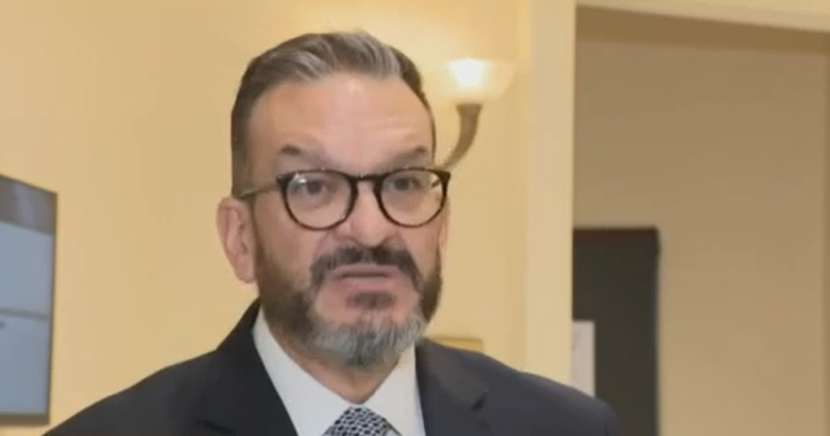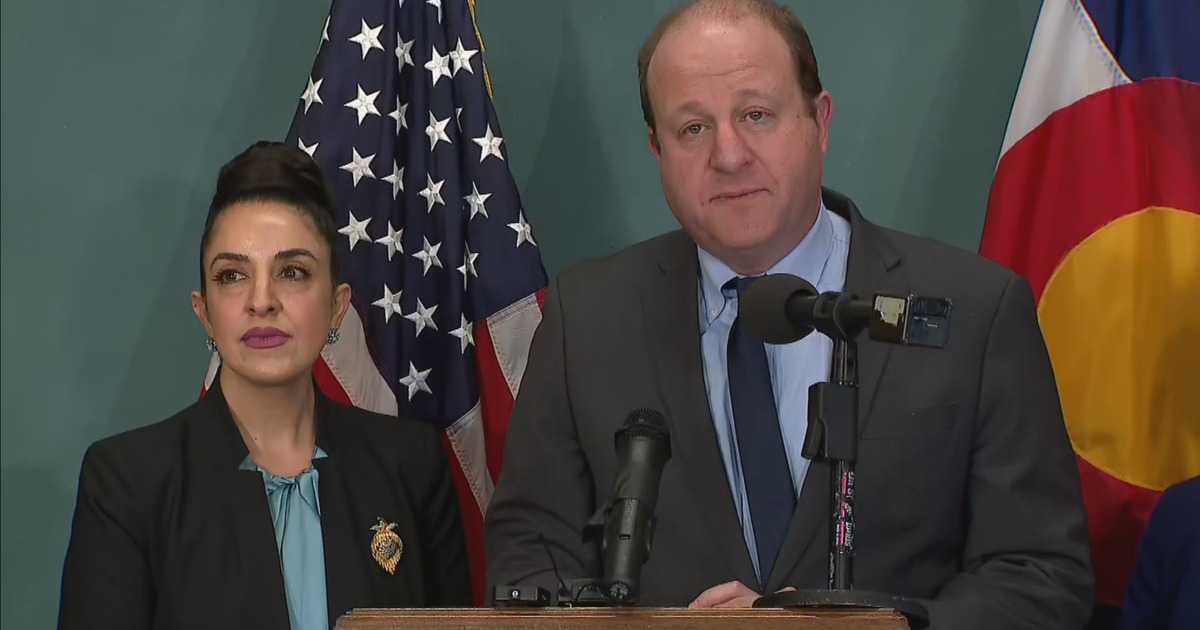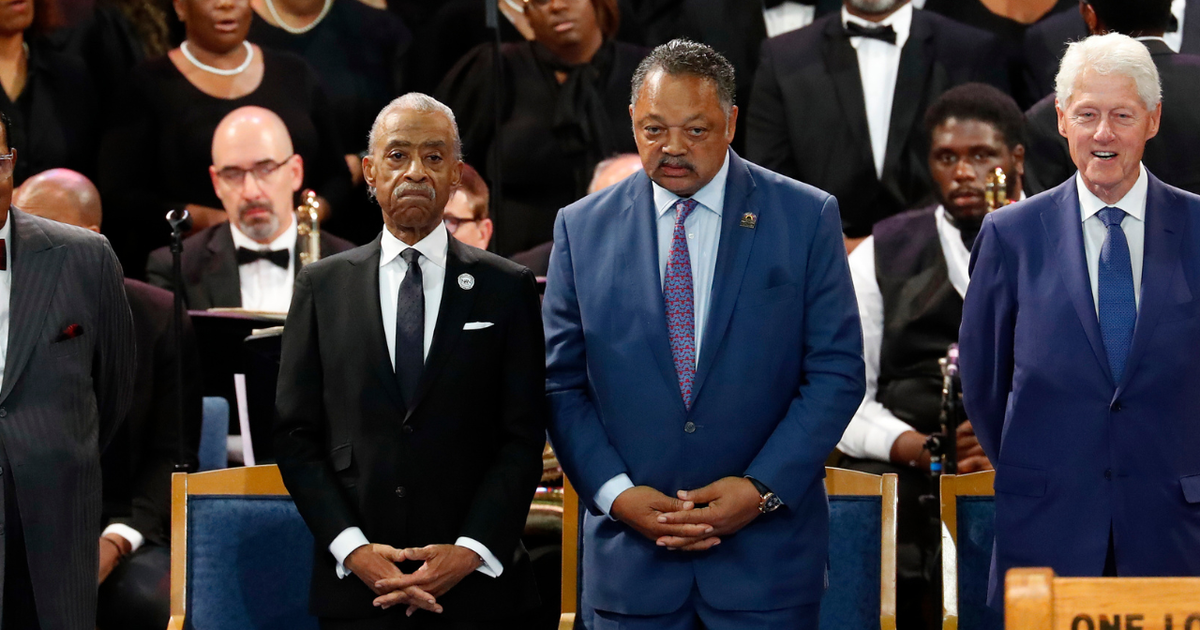2 Americans Win Economics Nobel For Work On Climate, Tech
STOCKHOLM (CBSDFW.COM/AP) — Two Americans won the Nobel Prize in economics on Monday for studying a pressing issue facing the global economy: how to deal with pollution and climate change and how to foster the innovation needed to tackle such problems.
William Nordhaus of Yale University and Paul Romer of New York University were announced winners of the $1.01 million prize by the Royal Swedish Academy of Sciences. Nordhaus tweeted a response to the win Monday morning, saying he was "very honored and very happy."
Romer's work "explains how ideas are different to other goods and require specific conditions to thrive in a market," the academy said. Romer's work found that unregulated economies will produce technological change, but insufficiently provide research and development; this can be addressed by government interventions such and R&D subsidies.
Nordhaus in the 1990s became the first person to create a model that "describes the global interplay between the economy and the climate," the academy said. Working separately from Romer, he showed that "the most efficient remedy for problems caused by greenhouse gases is a global scheme of universally imposed carbon taxes."
Carbon taxes are fees imposed on companies that burn carbon-based fuels such as coal and oil. Advocates see the taxes as encouraging companies to use less-polluting fuels.
"This is, for sure, a Nobel Prize about the big questions," University of Michigan economist Justin Wolfers said on Twitter.
Per Stromberg, head of the Nobel economics prize committee, said "it's about the long-run future of the world economy."
"The first one is how do we keep on generating the new ideas, the new innovations, the new research that's so important to solve the problems we're facing in the future," he said.
"The second is how do we deal with the negative effects of economic growth, which have to do with the emission of greenhouse gases leading to a warmer climate - which not just hurts the economy, but risks the life of everyone on earth," Stromberg said.
The prize comes just a day after an international panel of scientists issued a report detailing how Earth's weather, health and ecosystems would be in better shape if the world's leaders could somehow limit future human-caused warming to just 0.9 degrees Fahrenheit from now, instead of the globally agreed-upon goal of 1.8 degrees F.
Nordhaus has argued that climate change should be considered a "global public good," like public health and international trade, and regulated accordingly, but not through a command-and-control approach. Instead, by agreeing on a global price for burning carbon that reflects its whole cost, this primary cause of rising temperatures could be traded and taxed, putting market forces to work on the problem.
Many economists have since endorsed the concept of taxing carbon and using this financial lever to influence societal behavior. But adopting the regulatory frameworks on a global scale has been a complex challenge, and the world's political leaders are failing to meet it, the head of the United Nations said last month.
U.N. Secretary-General Antonio Guterres bluntly told leaders in New York that unless current emission trends for greenhouse gases are reversed by 2020, it will be impossible to keep global warming below 2.7 degrees Fahrenheit, which was a key goal of the 2015 Paris climate accords. The U.N. chief challenged governments to end fossil fuel subsidies, help shift toward renewable energy and back a price for carbon emissions that reflects their actual cost. He cited, for example, that climate-related disasters already cost the world $320 billion last year, a figure likely to grow with increased warming.
"Many people think that dealing with protecting the environment will be so costly and so hard that they just want to ignore the problem," Romer said by telephone to the Swedish academy. "I hope the prize today could help everyone see that humans are capable of amazing accomplishments when we set about trying to do something."
The economics prize is the last of the Nobels to be announced this year. Last year's prize went to American Richard Thaler for studying how human irrationality affects economic theory.
The peace prize was awarded Friday to Denis Mukwege of Congo and Iraqi Nadia Murad for their work to draw attention to how sexual violence is used as a weapon of war.
A researcher from Texas was one of two scientists awarded the medicine prize.
James Allison of the University of Texas M.D. Anderson Cancer Center and Tasuku Honjo of Kyoto University learned how cancer can put the brakes on the immune system — and how to release those brakes.
Their work, conducted separately during the 1990s, led to the development of drugs known as "checkpoint inhibitors," first used to treat the deadly skin cancer melanoma but now used for a growing list of advanced-stage tumors.
The drugs marked an entirely new way to treat tumors, a kind of immunotherapy that doctors could add to their standard arsenal of surgery, radiation and chemotherapy.
The research was "a landmark in our fight against cancer," the Nobel Assembly of Sweden's Karolinska Institute said in announcing the award. The two scientists will share the $1.01 million prize.








